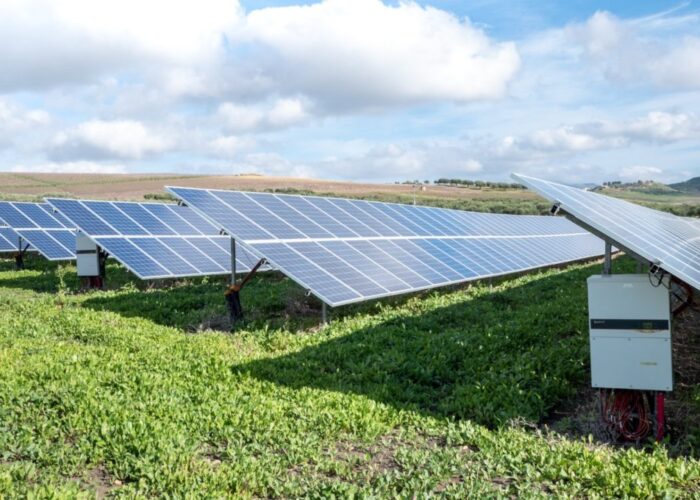Siemens has introduced a new Gas Chromatograph (GC) that can be used in the very demanding polysilicon production process. The MAXUM II PGC will help to maximize the polysilicon output to ensure stable and high quality material, minimizing off-spec products. This results in significant cost reductions with a typical return of investment of less than one year for a typical plant, according to the company.
Problem
The challenging polysilicon production process with its extremely high product quality requirements along with the difficult- to-handle Trichlorosilane (TCS) substance require advanced analysis techniques to reliably control safe and correct operation of the process as well as product quality. Typically, laboratory gas chromatographs are used to perform offline analysis of complex mixtures of Chlorosilanes which requires manual sampling, transportation to the laboratory as well as manual sample preparation resulting in certain drawbacks.
Unlock unlimited access for 12 whole months of distinctive global analysis
Photovoltaics International is now included.
- Regular insight and analysis of the industry’s biggest developments
- In-depth interviews with the industry’s leading figures
- Unlimited digital access to the PV Tech Power journal catalogue
- Unlimited digital access to the Photovoltaics International journal catalogue
- Access to more than 1,000 technical papers
- Discounts on Solar Media’s portfolio of events, in-person and virtual
Solution
The MAXUM II PGC is directly connected to the process and can be installed within hazardous areas. They have a very short analysis time, typically 5 to 10 minutes and a high availability, in excess of 98%. Each measurement cycle generates reliable results for the key components such as DCS, TCS, STC, HCl and H2. Every MAXUM PGC is able to monitor several sampling points by automatic stream selection, either successively or even simultaneously. The process data is continuously fed into the DCS either through analogue outputs or serial / Ethernet communication, enabling the plant to run in the most optimized and efficient way. It also eliminates the need for disconnecting and connecting sample cylinders, exposing it to ambient air and risk of contamination.
Applications
Polysilicon production plants.
Platform
Multiple oven options (airless, airbath, single, double), different detector types (TCD, FID, FPD, HID, ECD), various valve and column switching techniques as well as different column types (capillary, micro-packed, packed). Special detectors can trace components like BCl3, PCl3, hydrocarbons, CO, CO2, and N2 can be detected at ppb levels, e.g. in recycle gases.
Availability
Currently available.







